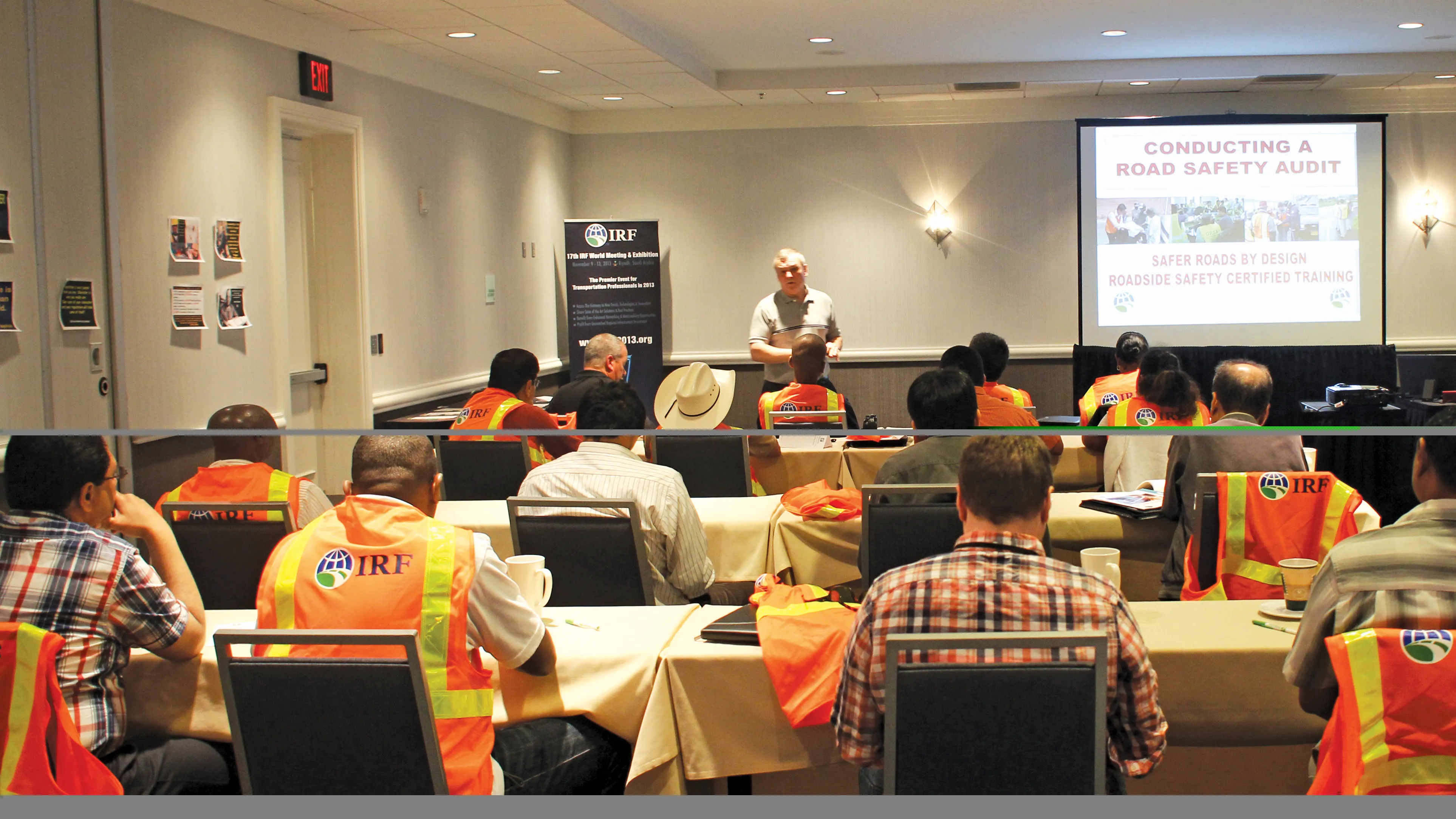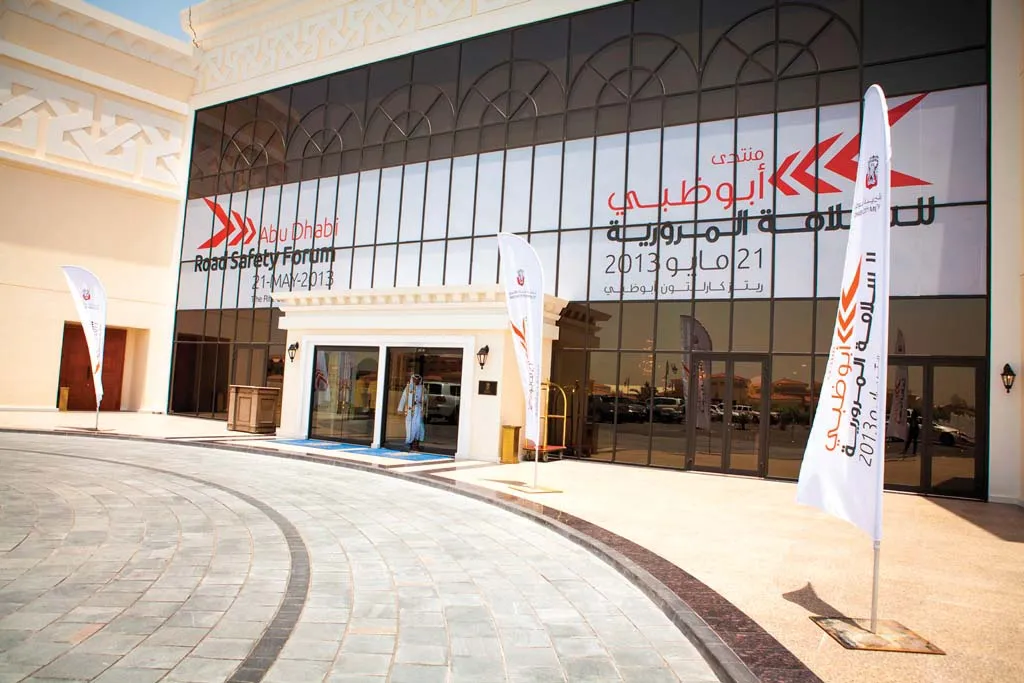For more than 60 years, an integral part of IRF’s mission has been the organisation and delivery of executive education services that provide continuing professional development for individuals and contribute to the dissemination of knowledge and expertise throughout the world.
Two global credentials have now been added to IRF’s portfolio of executive education services offering road professionals worldwide a new pathway to receive recognition for their skills.
In August 2017, IRF joined an elite group of continuing education providers accredited to administer public-private partnership proficiency credentials to aspiring road & transportation professionals. With this accreditation, professionals taking the APMG approved IRF course on PPPs may go on to apply for a Public-Private Partnerships Professional Certification (CP3P) established by APMG, a global examination institute.
The CP3P program, whose aim is to enhance PPP performance globally, is recognised by leading institutions. These include the World Bank Group, the Asian Development Bank, the European Bank for Reconstruction and Development, the Inter-American Development Bank, and the Islamic Development Bank.
In September 2017, IRF introduced a landmark Global Credential Program for Road Safety Audit Team Leaders, recognising the essential role of Road Safety Audits to drive change in safe road design practices.
Preventive risk assessment measures, such as a road safety audit or inspection, carried out on new and existing roads offer a well-charted and cost-effective pathway to reducing road traffic injury risk. Yet, those countries with the fastest growth in motorisation and road construction are also those least likely to have established in-country professional qualification programs delivered by accredited institutes.
The IRF Global Credential Programme remedies this critical gap by offering a pathway for seasoned road safety auditors who wish to enhance their qualifications at home or seek work abroad. Candidates are required to take an online knowledge qualifying exam and submit a comprehensive application presenting their professional track record and details of the projects they have audited in order to complete the program.
“The IRF has for many years been a leading global advocate for road safety, promoting best practices in safe road design and management through our advocacy work, knowledge-sharing programs, and capacity building initiatives,” said IRF president & CEO C Patrick Sankey. “Every day, our member organisations effect real change by designing solutions that help to protect people from death or injuries. The Global Credential Programme is a major advance that provides a common benchmark for safety professionals and road agencies around the world.”
IRF Global amps up executive education programme
New credentials offer pathway to international opportunities according to IRF Global
For more than 60 years, an integral part of IRF’s mission has been the organisation and delivery of executive education services that provide continuing professional development for individuals and contribute to the dissemination of knowledge and expertise throughout the world.
Two global credentials have now been added to IRF’s portfolio of executive education services offering road professionals worldwide a new pathway
October 9, 2018
Read time: 3 mins
New credentials offer pathway to international opportunities according to the 8781 Washington-based IRF Global








